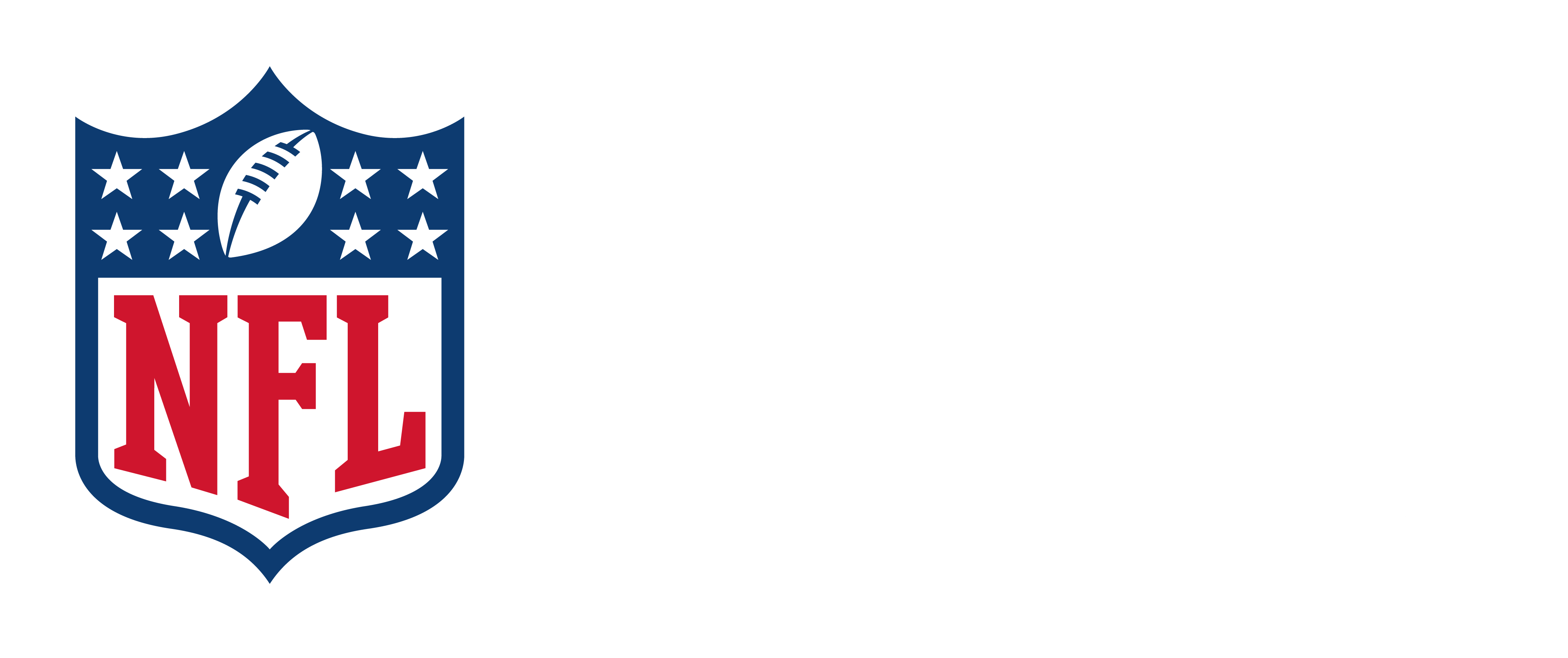On February 8, 2022, members of the NFL's player health and safety team hosted an NFL Presents webinar about how the league navigated its second season amid the COVID-19 pandemic. The panelists – led by NFL Chief Medical Officer Dr. Allen Sills – discussed a variety of topics related to the successful season, including education efforts that led to high vaccine uptake for players, coaches and staff, the league's ongoing study of COVID-19 antibodies, and its decision to update testing and return-to-field protocols during the Omicron wave.
Panelists included:
- Dr. Allen Sills, NFL Chief Medical Officer
- Dr. Chris Hostler, Infectious Diseases Physician, Co-Owner of Infection Control Educations for Major Sports (ICS)
- Dr. Christina Mack, Vice President of Epidemiology and Clinical Evidence and Head of Surveillance and Agile Analytics at IQVIA and advisor to the NFL
- Dr. Catherine O'Neal, Associate Professor of Clinical Medicine, Infectious Diseases at LSU Health Science Center
Below are some selected thoughts from the experts:
On the NFL's approach to COVID-19:
Dr. Sills: "We've made it this far for one simple reason: We've used data and science to inform everything that we do. And by making some of these data-informed decisions, we've been able to adjust quickly and adapt our protocols… and that's a testament to what we're trying to do in society."
Dr. Mack: "We've learned that we can get through this. I think that there have been some really, really, hard moments since 2020… Omicron punched us in the gut and we still got through it."
On vaccination and boosters:
Dr. Sills: "What were the key elements of getting our players vaccinated? This was clearly a very intentional and sustained effort that was more than a one-time intervention. It started with education… And there were, certainly, some incentives that were based into our protocols."
Dr. O'Neal: "A booster really helped. A booster helped prevent you from getting infected, and that high [antibody] level helped to prevent infection."
On Omicron:
Dr. Sills: "Once Omicron hit, we really needed to pivot our strategy. And because we were really focused on individuals with symptoms, we shifted our strategy to 'targeted testing,' where we wanted to test exposed individuals, those with symptoms, and anyone who wanted to volunteer for a test. And there were lots of naysayers, who said, "Nobody's going to ask to be tested, nobody's going to want to miss a game." But, in fact, that wasn't true."
Dr. Hostler: "What we dealt with over the course of the season were two different pandemics. We started the season with Delta, and the second pandemic that we had was Omicron. It was very different in terms of the dynamics of it, the severity of illness that it induces."
Dr. Mack: "Every positive test is sequenced… The migration going from largely Delta to 100 percent Omicron happened in less than two weeks [in December]."
On the road ahead:
Dr. Hostler: "We've moved from the pandemic phase to the endemic phase. From a severity-of-illness standpoint, from a viral perspective, we've seen pretty consistently decreasing severity of illness with Omicron."
Dr. Hostler: "Before COVID, we were encouraging people to work through illness. We were celebrating athletes who played through the flu. I think a silver lining here is maybe we're starting to normalize saying, "If you're sick, maybe you shouldn't come to work.""
Dr. Sills: "When someone tests positive, they can return after five days of isolation as long as they don't have symptoms (or have only mild residual symptoms such as mild cough or loss of taste or smell) and they're cleared by the team physician and they wear a mask for the next five days… since we've been doing this, we've not seen anybody who returned from that protocol go back and have recurrent illness."
Other notable data-backed insights:
Dr. Sills: "Throughout our experience – last year and this year – we generally saw the NFL detect case trends one to three weeks before the general population… we were an early barometer of what was coming."
Dr. Hostler: "The risk [of myocarditis] is exponentially higher if you have COVID than if you get vaccinated… Across all the sports leagues that we've worked with, the rate of clinically-significant myocarditis is pretty much zero."
